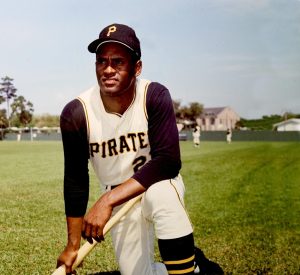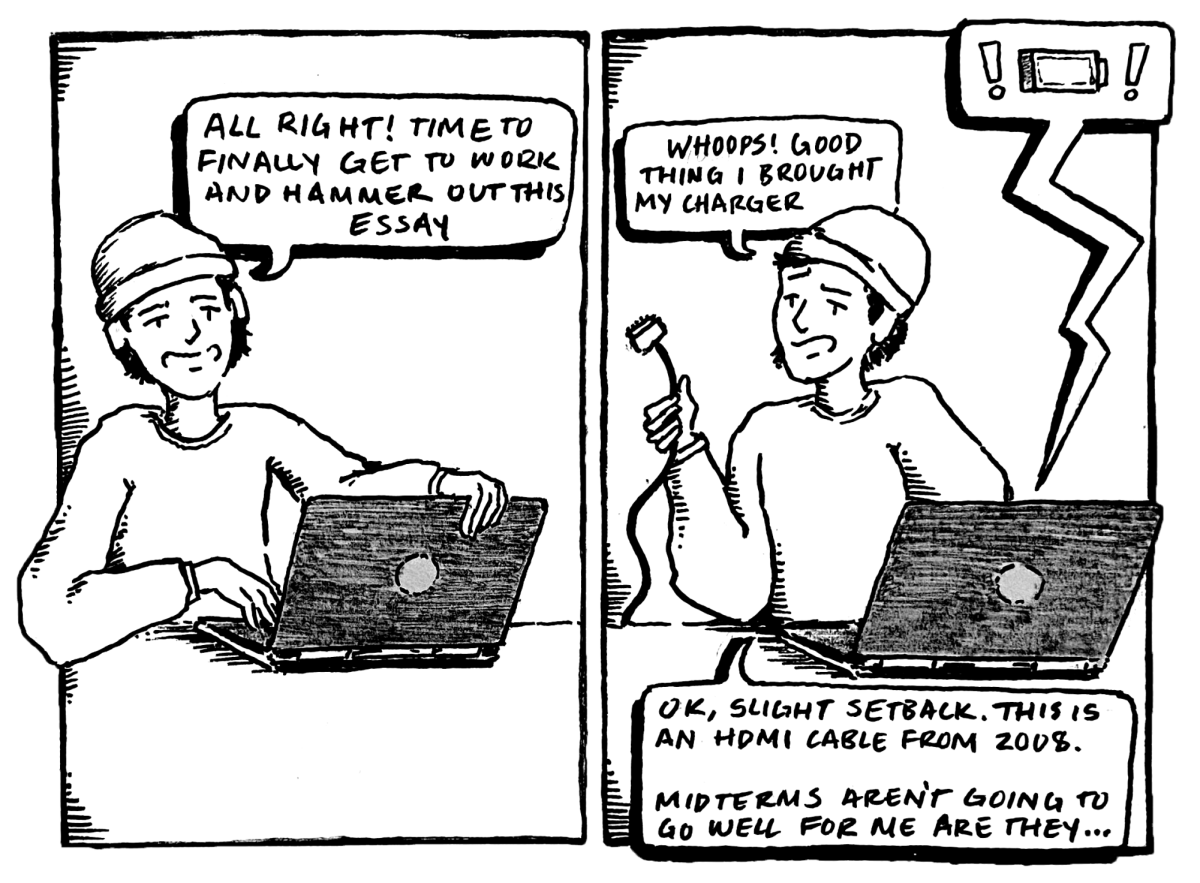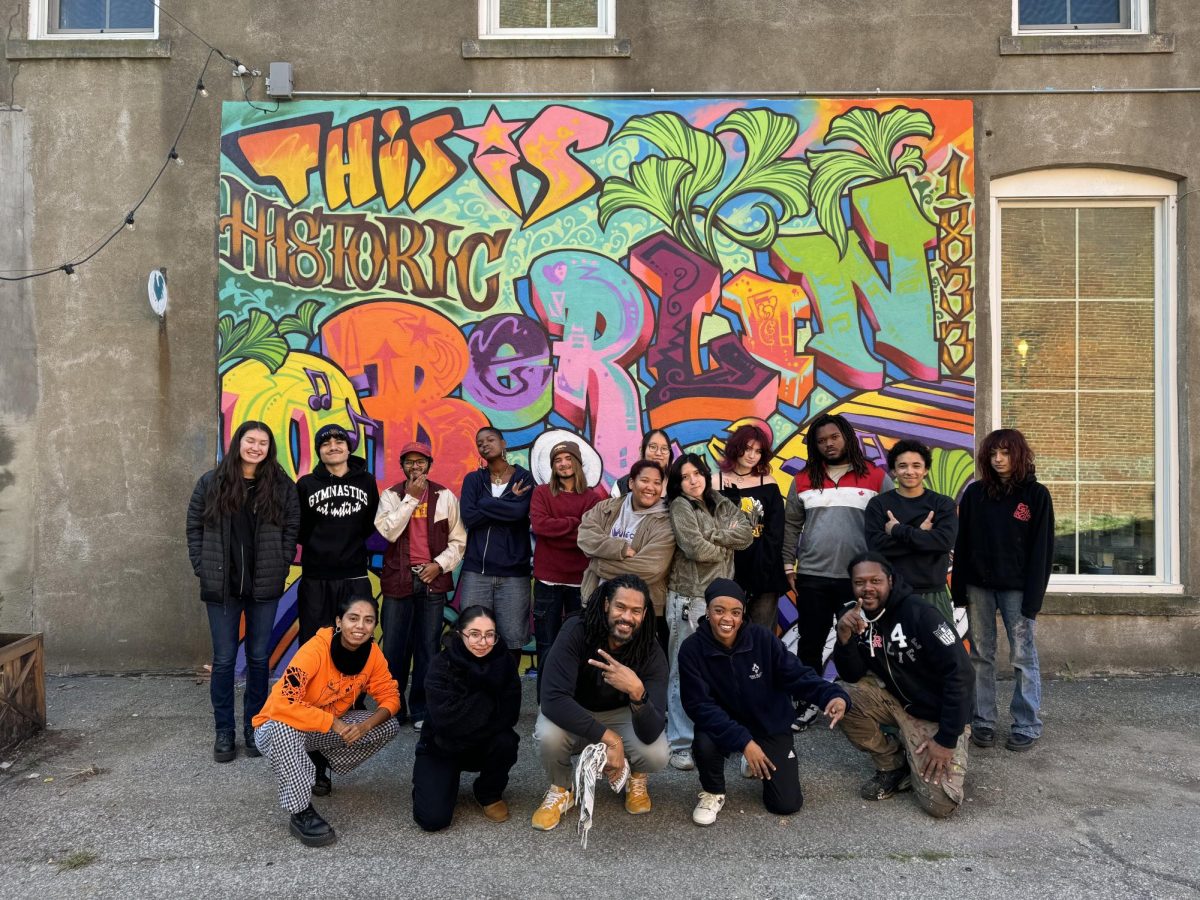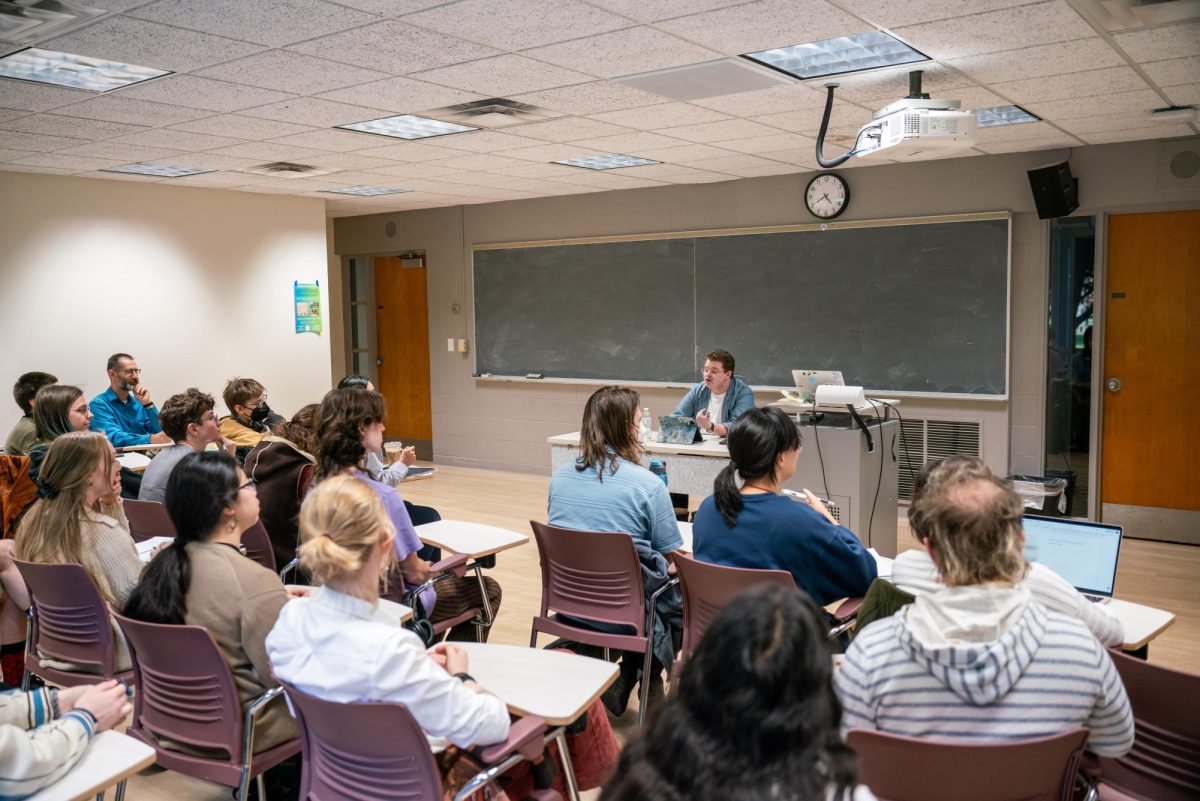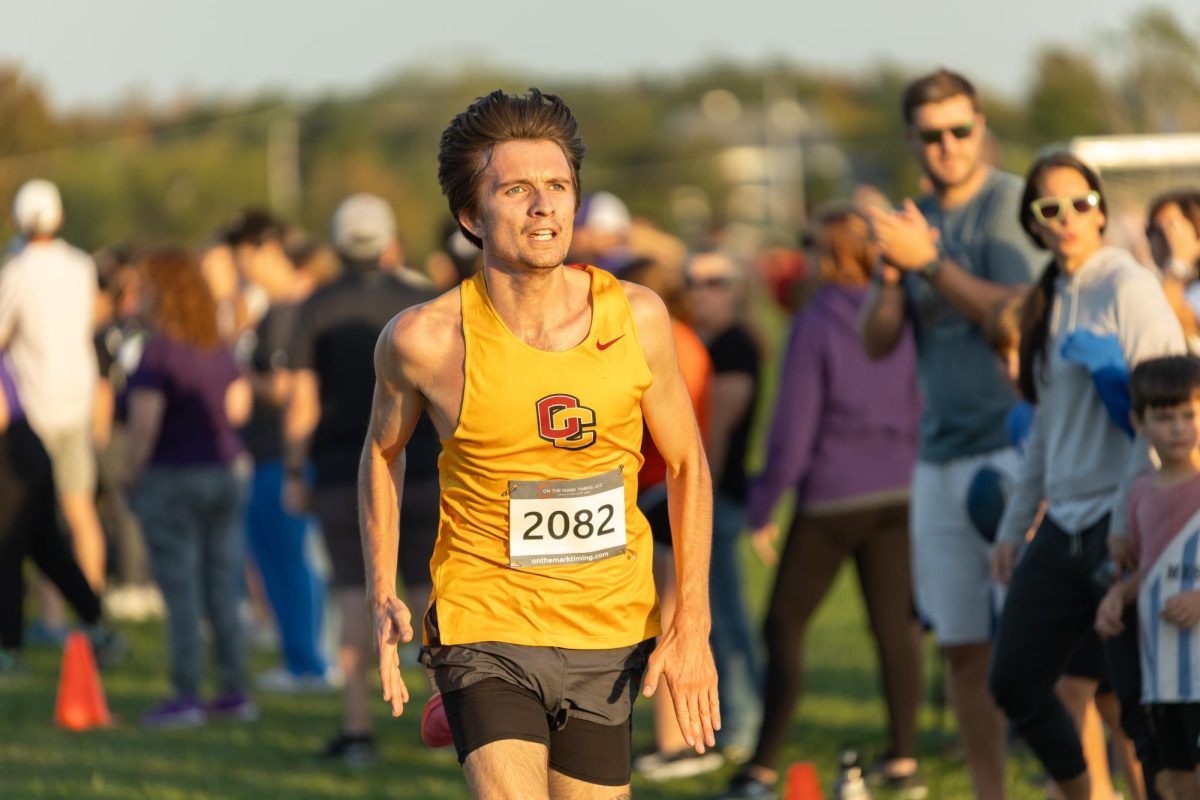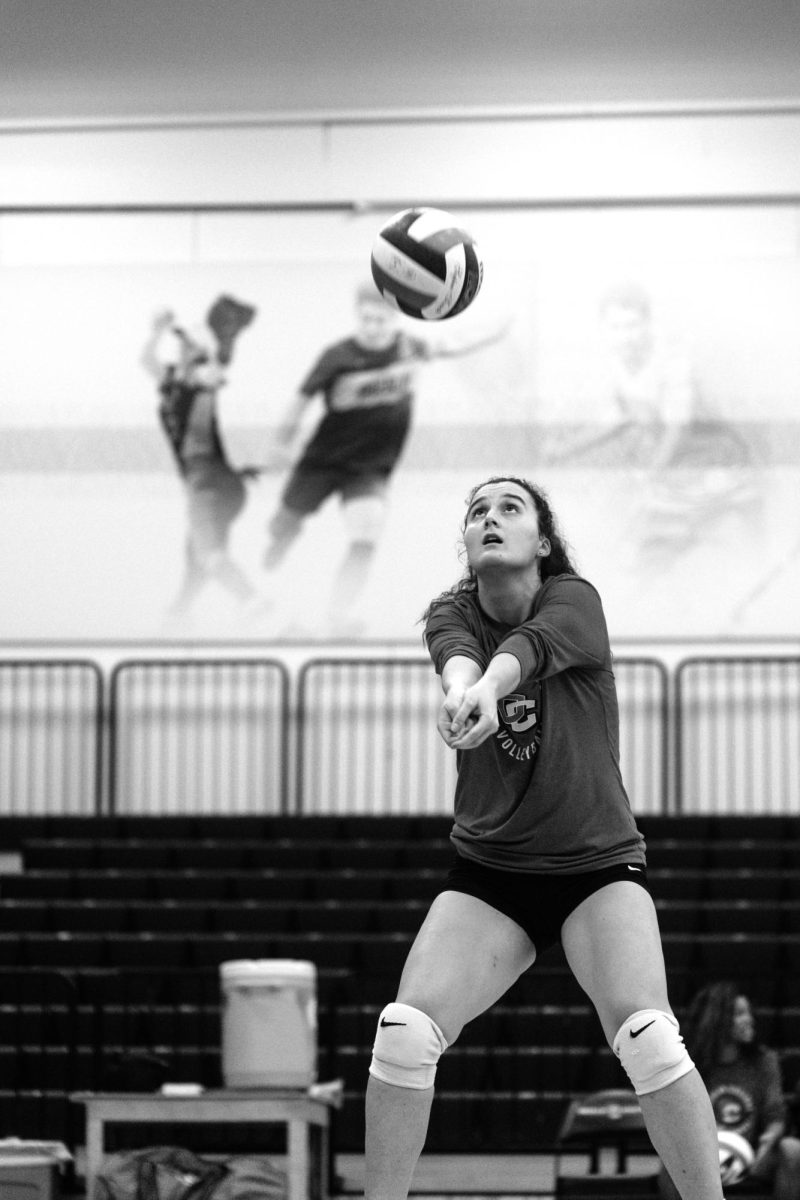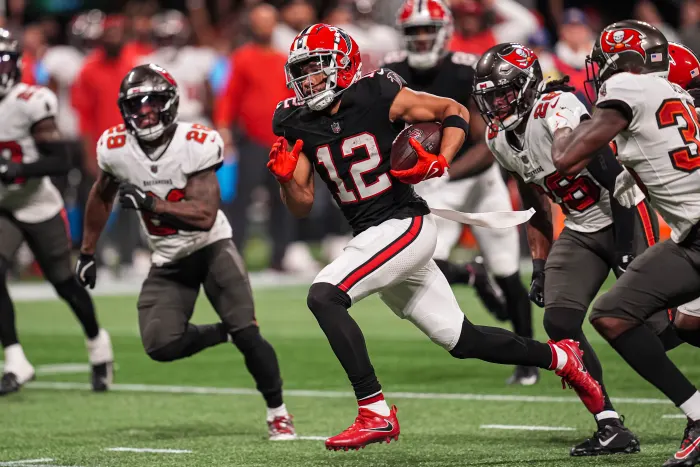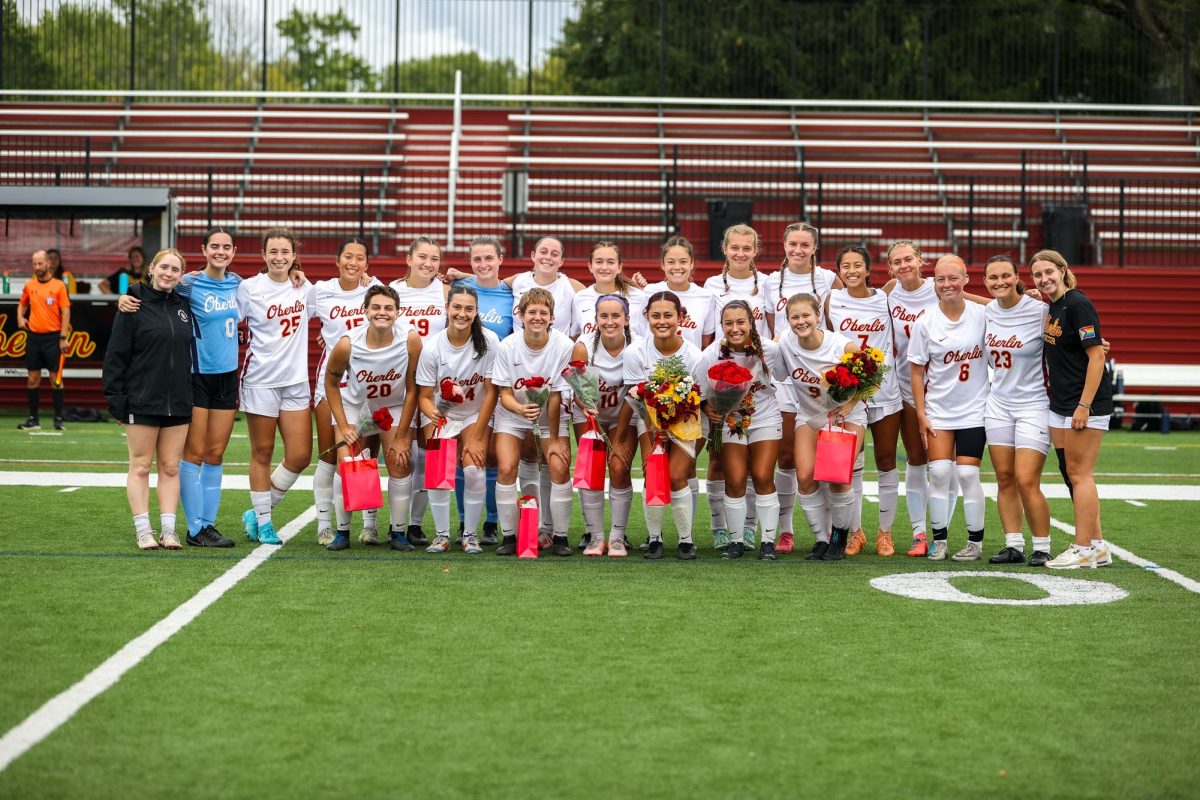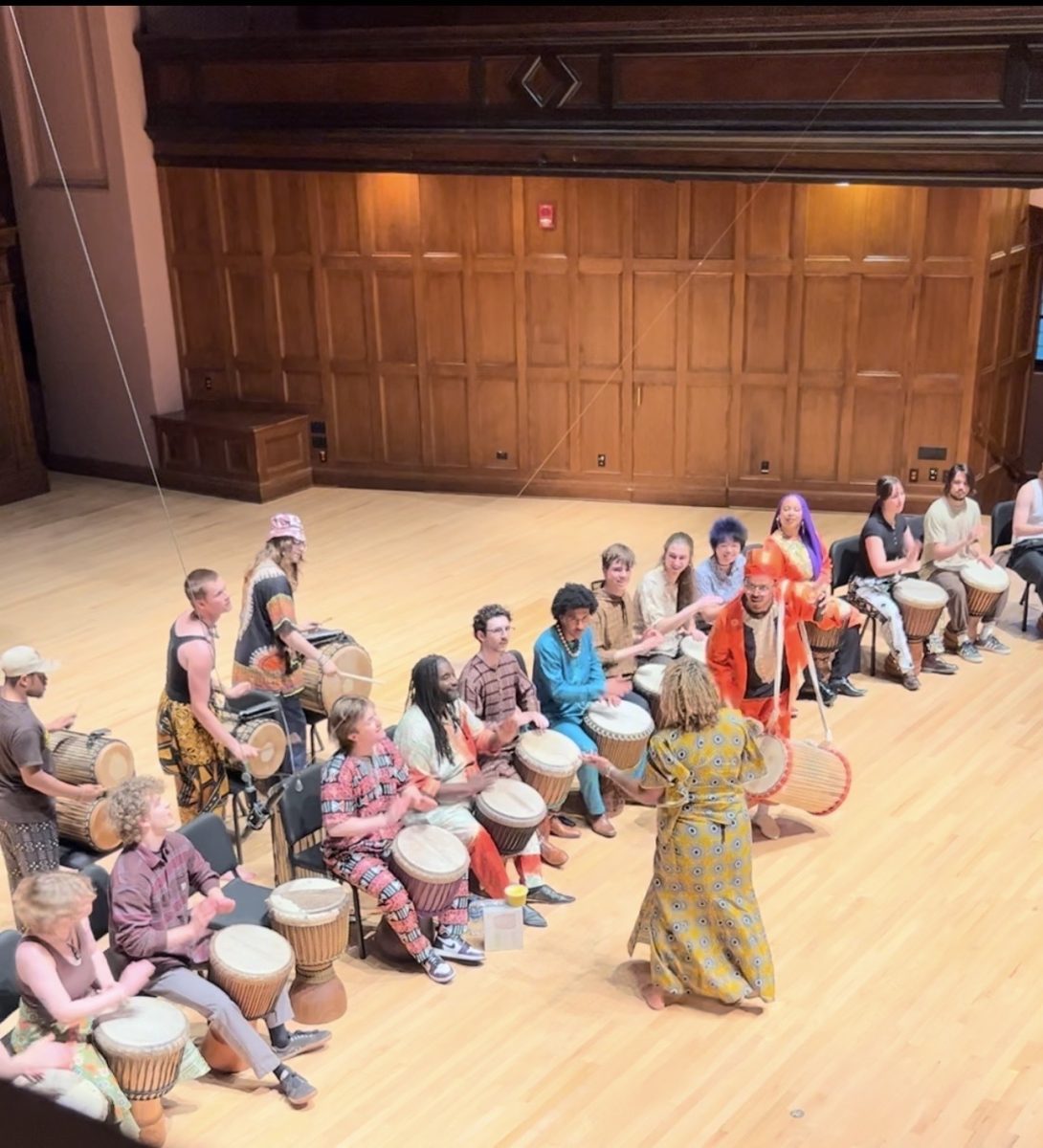‘My Miles’ to Marry Jazz Standards, African-American Dance
October 10, 2014
Though he says he is no longer religious, trumpet player Kevin Louis, OC ’99, cannot help but liken the upcoming Dance Diaspora concert, “My Miles: My Lullaby in Retrospect,” to the experience of going to church. The New Orleans native, who has produced more than 10 recordings since 1997 and embarked on multiple international tours, will perform alongside other alumni and student musicians and the Dance Diaspora troupe in Warner Main Space at 8 p.m. tonight and Saturday. The show will feature the music of jazz legend Miles Davis alongside vernacular African-American jazz dance.
Professor Adenike Sharpley, artist-in-residence in the Africana Studies department and Dance Diaspora’s director, established the troupe in 1992, shortly after she began teaching at the College. The troupe’s mission statement expresses its goal to “maintain traditional West African dance forms and other African Diasporic forms by acknowledging the spirituality, philosophy and diversity of African culture and its global presence.” Exploring a diasporic heritage is fundamental to the troupe; both Louis and Sharpley said personal experiences are at the heart of this broader exploration, as well.
“I always go back to [church], because that’s what I was raised in,” said Louis. “When you go to church, people go there looking for what they need. It’s a very personal thing.” His intention when performing this weekend, he said, is not to communicate any single message, but to transmit an energy in which each spectator can find individual meaning.
For Sharpley, the entire production has personal significance; her family was especially passionate about jazz while she was growing up. The Cleveland native said in a press release that she only recently realized the effect that her early exposure to jazz had on her life. She told the story of how she found herself at work one day absently-mindedly humming a tune; former Afrikan Heritage House Director and Sharpley’s then-colleague Ralph Jones informed her that, unbeknownst to her, the song was “Flamenco Sketches” from Davis’s album Kind of Blue.
“When I was small, [jazz] was my lullaby music,” Sharpley said, pointing to a picture of her and her father while she reclined behind the counter of Ade’s Place, the local store she manages. “I know the tunes not by the names; I know them by the music. That’s why it’s personal for me.”
Sharpley said she decided to produce “My Miles” to communicate the importance of jazz within her family and the African-American community. She dedicated the show to her father, who she said was an enthusiastic jazz fan with a record collection that was the envy of Cleveland’s east side.
Sophie Umazi Mvurya, a College junior majoring in Law and Society, Politics and Economics, has been a member of Dance Diaspora since her first year at Oberlin and is performing in tonight’s show. She said the opportunity to interpret Sharpley’s musical memoirs through dance has been the most exciting element of the production.
“We’re there to express that story from her perspective,” Mvurya said. She said this task requires connecting with Sharpley’s story on a personal level without losing the director’s original narrative intent. Mvurya went on to say that her relationship with her mother has been an emotional access point to her mentor’s memoirs as she strives to express them through dance.
Sharpley said that the dances she chose are not those typically associated with theatrical jazz choreography. “When I say jazz dance, I’m talking about the music that black people do when they’re alone in their little juke-joints, in their little bars, and they’re dancing together,” Sharpley said. She learned this style of dance from Margaret Christian, OC ’74, with whom Sharpley studied. According to Sharpley, vernacular dances, which are specific to particular black communities, are central to the style. Sharpley said that these dances often feature motifs that are repeated across the African diaspora and which can ultimately be traced to African continental heritage.
To Louis, this marriage of colloquial dance styles with jazz music is refreshing. “I’m from New Orleans. That’s where the music is the dance music all the time,” he said. “There was a period where jazz left the dance floor and became the sit-down-and-look-at-it kind of music.” He is eager to see jazz return to the dance floor in the concert. He is especially enthusiastic to witness how Sharpley choreographs certain musical selections, particularly “Concierto de Aranjuez” from Sketches of Spain, “My Funny Valentine” and “Half Nelson,” which he does not consider traditional dance songs.
In selecting music with Louis for the concert, Sharpley said that she looked for tunes with which she personally connected to African diasporic genres, including, funk, hip-hop and rap. She sought to balance solemn pieces, such as “My Funny Valentine,” with more lighthearted tunes. The latter are especially important to her because she believes her students can connect with them more easily.
“Trying to get emotion from young people is sometimes hard,” she said. In light of this issue, the troupe will be dancing to more upbeat pieces, such as Davis’s “Right Off ” from his Jack Johnson album and selections from On the Corner, while Sharpley herself will perform the final solo to “My Funny Valentine.” Che Gonzalez, OC ’96, will provide the vocals for this jazz standard.
For Mvurya, the most important element that she hopes to impart through the performance is the importance of forging and maintaining close relationships, like the familial connections that inspired the production. “As human beings, we’re not meant to live alone. We’re meant to live together and form close relationships together.” She said that if she can convey this message and an appreciation for Miles Davis’s genius to the audience, she will be satisfied.





